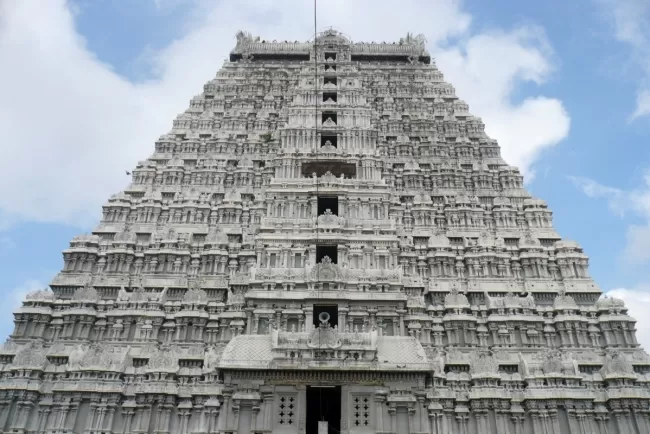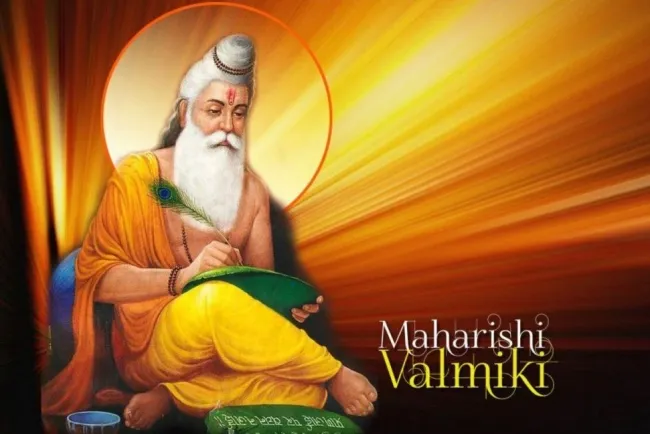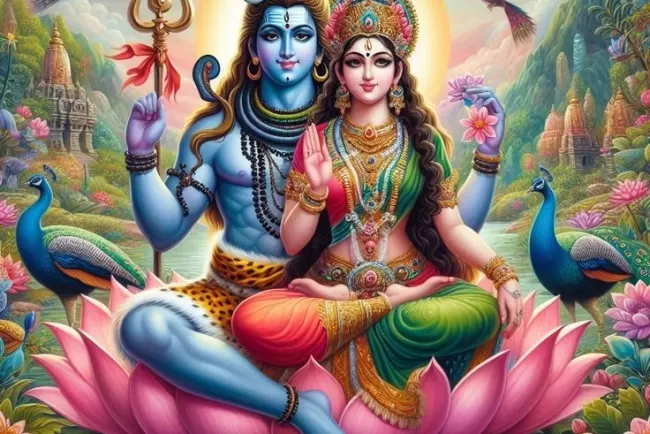The Dragon: A Mythological Wonder...!!!
Dragons are truly mythological wonders, embodying a wide range of meanings and cultural significance.
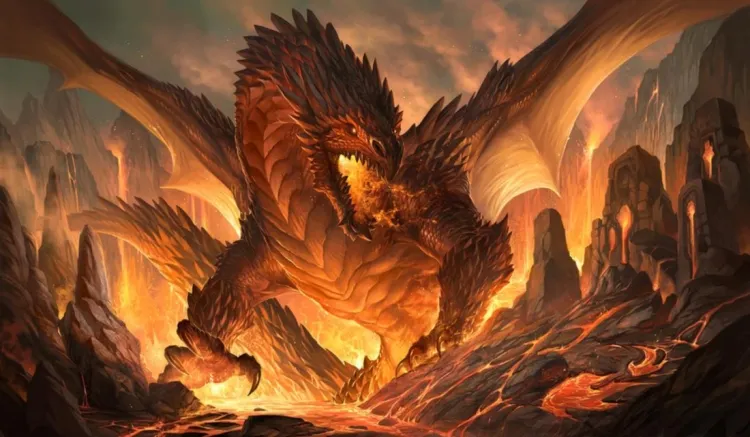
Ancient Origins
Dragons are among the oldest and most enduring mythological beings, appearing in the folklore of numerous cultures around the world. Their origins can be traced back to early human civilizations, where they emerged as symbols of power, mystery, and natural forces. In Western traditions, dragons are often depicted as massive, fire-breathing, serpent-like creatures with wings, claws, and scales, typically associated with chaos, destruction, and evil.
Conversely, in Eastern traditions, especially in Chinese culture, dragons are revered as benevolent, wise, and powerful entities. Chinese dragons, known as "Lóng" (龙), are considered water deities associated with rainfall, rivers, and oceans. They are often depicted as long, snake-like creatures with four legs, whiskers, and a pearl under their chin, symbolizing wisdom and power.
Symbolism
Dragons are rich in symbolism, and their meanings vary widely across different cultures. In Western cultures, dragons often symbolize power, greed, and destruction. They are frequently portrayed as adversaries in myths and legends, where heroes must slay the dragon to save the day. This symbolism is evident in tales such as "Saint George and the Dragon" and J.R.R. Tolkien's "The Hobbit."
In Chinese culture, dragons symbolize auspiciousness, strength, and protection. They are considered guardians and are believed to bring good luck and success. The dragon is one of the twelve animals in the Chinese zodiac, representing those born in the Year of the Dragon. Individuals born in this year are believed to be confident, intelligent, and ambitious.
In addition to Chinese culture, dragons also hold significant symbolic meanings in other Eastern traditions. In Japanese mythology, dragons are known as "Ryū" (竜) and are often depicted as water deities. They are seen as symbols of power, wisdom, and good fortune. Similarly, in Korean mythology, dragons are called "Yong" (용) and are revered as protectors of water and nature.
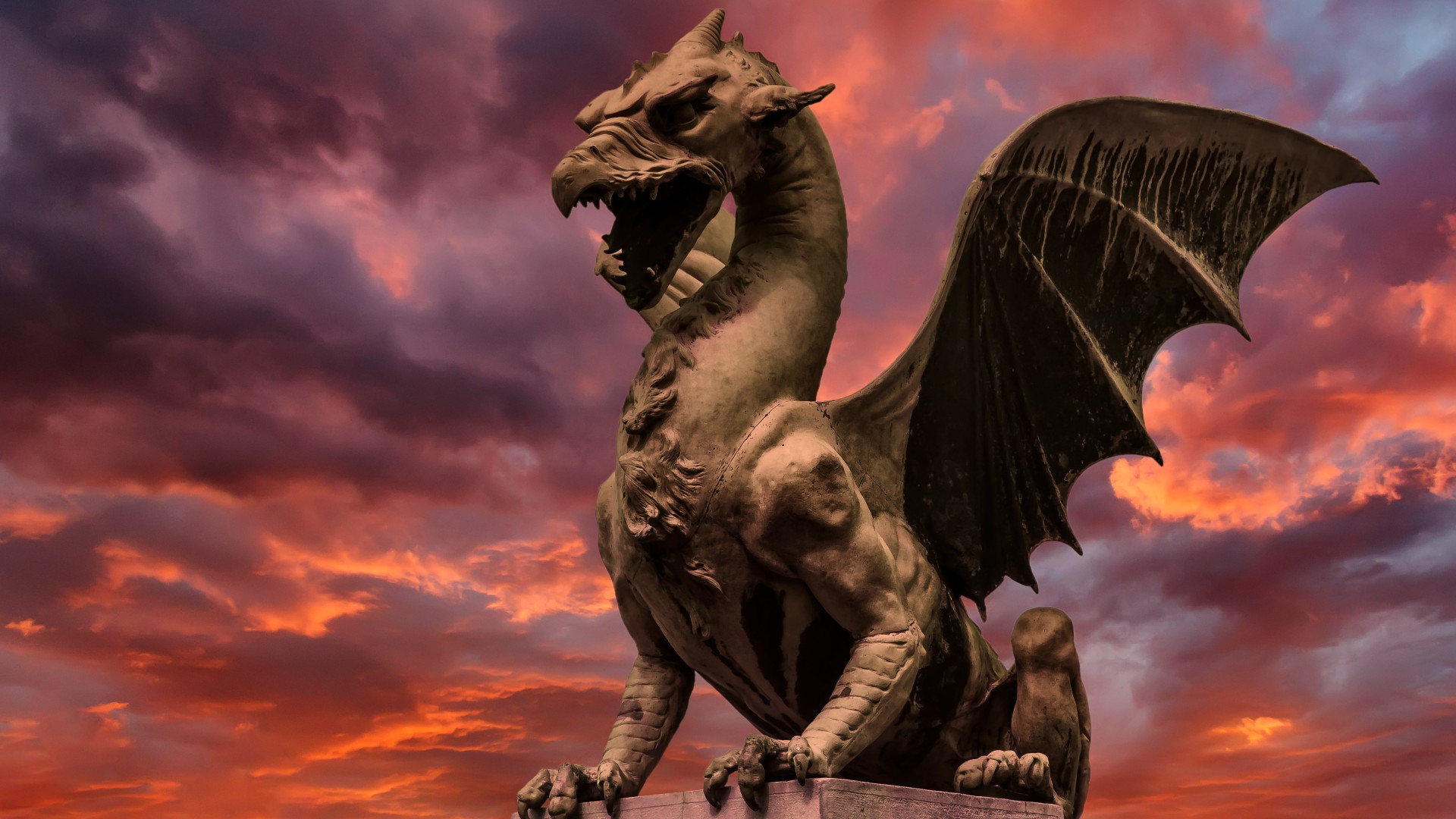
Cultural Significance
Dragons have a profound impact on various aspects of culture, including art, literature, festivals, and folklore. In Chinese culture, dragons are celebrated during the Dragon Boat Festival, where dragon boat races are held to honor Qu Yuan, a revered poet. The dragon dance is also a prominent feature during Chinese New Year celebrations, symbolizing the expulsion of evil spirits and the ushering in of good fortune.
Dragons are also prominent in literature and popular culture. In Western literature, dragons often serve as formidable adversaries in epic tales and fantasy novels. Examples include Smaug in J.R.R. Tolkien's "The Hobbit" and the dragons in George R.R. Martin's "A Song of Ice and Fire" series. These stories highlight the dragon's role as a powerful and often malevolent force that heroes must confront.
In Eastern literature and folklore, dragons are often depicted as wise and noble beings. For instance, in Chinese mythology, the Dragon King, also known as "Long Wang" (龙王), is a powerful deity who rules over the seas and is capable of controlling weather patterns. The Dragon King appears in many Chinese legends and is often called upon for assistance during times of drought or disaster.
Dragons in Contemporary Media
The fascination with dragons continues in modern media, where they are depicted in various forms, from fearsome beasts to benevolent guardians. In movies, dragons are featured in popular franchises such as "Harry Potter," "How to Train Your Dragon," and "Game of Thrones." These contemporary depictions often draw from both Western and Eastern traditions, showcasing the dragon's versatility as a mythological creature.
In video games, dragons are commonly portrayed as powerful adversaries or allies. Games like "The Elder Scrolls V: Skyrim" and "Dragon Age" series feature dragons as central elements of their storylines, emphasizing their role as majestic and formidable beings.
Dragons also appear in modern art, where they are depicted in various styles and mediums. Artists often draw inspiration from traditional dragon imagery while adding their unique interpretations. Whether depicted as fearsome monsters or majestic guardians, dragons continue to captivate the human imagination.
Dragons are truly mythological wonders, embodying a wide range of meanings and cultural significance. From their ancient origins to their modern depictions, dragons have captured the human imagination and continue to be powerful symbols in art, literature, and popular culture. Whether viewed as fearsome adversaries or benevolent protectors, dragons remain one of the most enduring and beloved creatures in mythological lore.
What's Your Reaction?







